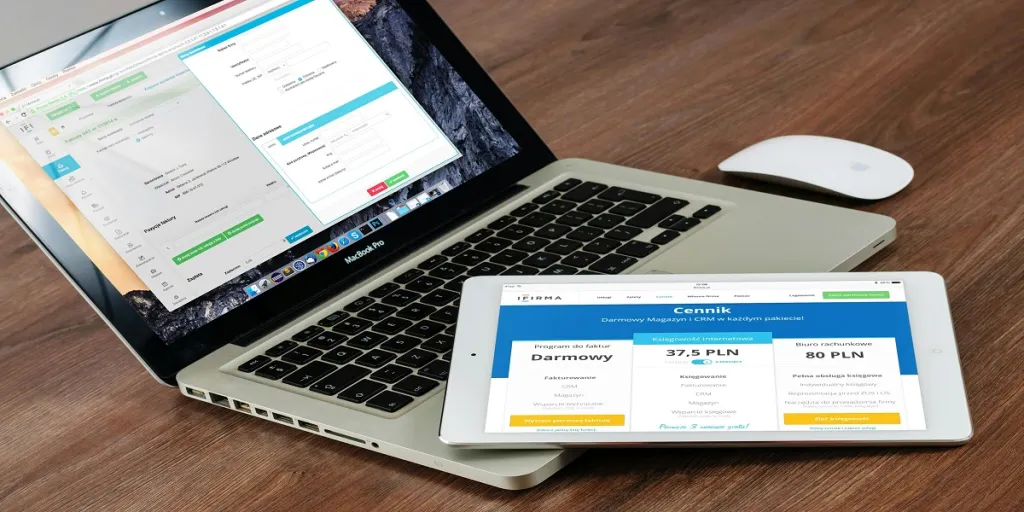As the holiday season approaches, retailers have a golden opportunity to tap into the surge of corporate spending.

As the holiday season gets closer, retailers have an opportunity to tap into the influx of corporate spending. Many businesses are eager to use their remaining budgets before year end, while others are seeking additional funds for vendor gifts, employee incentives and client appreciation. Retailers may not even realise the potential of these shoppers because they can be masked at checkout when they use corporate credit cards for purchases, such as office supplies or electronics.
The good news is there’s no denying the immense growth potential in business-to-business (B2B) retail. In fact, US B2B e-commerce is forecasted to exceed $3 trillion by 2027 and has taken the lead as the most effective sales channel according to McKinsey. Taking time to really dig into what the corporate buyer needs at checkout to make it easier for them to buy from you, is a smart way to extend the value of your brand to this important segment. To boost corporate sales and buyer loyalty, here are four strategies for becoming the top choice for B2B buyers for the holiday season and beyond.
Strategy 1: Offer multiple payment methods
If you don’t already offer a range of payment methods, now is the time to start. Data shows that 72% of business buyers are more loyal to companies that provide their preferred payment options, making flexible solutions crucial for attracting and retaining these buyers. It’s important to remember traditional options don’t always meet the needs of B2B buyers, whose transactions typically involve larger orders, multiple decision-makers and complex approval processes.
Providing the ability to purchase with invoicing options or net terms, which some also refer to as B2B BNPL, can help retailers retain customers, drive loyalty, increase average order values and grow share of wallet. These options are not only a nice-to-have—they’re expected from business buyers.
Why payment choice is a must
Tailored payment options do more than close a sale; they help build long-term relationships. Providing options like trade credit and extended payment terms removes friction, allowing corporate shoppers to focus on securing the products and services they need. This is especially important during the holiday season when budgets are tight and deadlines are looming.
As researchers have found, retailers’ top priorities are building trust and loyalty with consumers still grappling with inflated prices on essentials. So, this level of choice helps foster loyalty, as B2B buyers feel supported in their transactions, ultimately choosing to return to retailers who prioritise their unique requirements.
Strategy 2: Streamline the B2B purchasing process
When retailers prioritise an efficient and convenient purchasing process, 70% of B2B executives are prepared to spend more, even up to half a million dollars on a single e-commerce transaction. For business buyers, time is money, and friction in any part of the purchasing journey will result in frustration and lost sales
A key aspect is making it easy to do business with you. A user-friendly purchasing platform that is intuitive to navigate, with features like quick access to purchase history, pre-set approval workflows or simplified repeat ordering, saves a buyer time and reduces frustration. This convenience encourages repeat business.
Why convenience is crucial for B2B success
Business buyers see online buying as more convenient and prefer to do so when ready to buy according to the 2024 B2B Market and Customer Experience Report. They want quick, efficient and flexible processes tailored to their needs, much like the seamless purchase experience in their personal lives. Features like bulk ordering, real-time inventory updates and customisable payment terms allow retailers to handle the complexities of corporate transactions while maintaining ease of use.
Integrating retail checkout systems with business buyers’ enterprise resource planning (ERP) platforms is another critical step. Aligning your process with their internal workflows reduces errors, streamlines order management and gives buyers greater oversight of their purchases.
Additionally, fast, reliable order fulfillment and accurate deliveries are essential to meeting business buyers’ expectations. Retailers who can process bulk orders efficiently, provide real-time updates and deliver on time will build trust and foster long-term relationships with corporate shoppers.
Strategy 3: Understand the unique needs of B2B buyers
Business buyers have distinct challenges that require personalised solutions. Customising the purchasing process to address these specific needs is key to building lasting relationships. Many business buyers require additional controls, such as the ability to capture P.O. or serial numbers, ensuring accurate records and compliance with internal policies. Customisation options like setting spending limits or preapproved SKUs enable businesses to manage budgets and streamline procurement, making the experience more efficient for both parties.
Why customisation matters in B2B sales
Providing e-invoicing, line-item details and customisable invoice templates helps business buyers manage their accounts seamlessly. Integrating invoicing solutions into existing workflows minimises administrative burdens and reduces errors, creating a smoother purchasing process for businesses and helps ensure you get paid on time.
In addition to invoicing, offering customising fulfillment options, such as drop shipping, bulk orders, or scheduled deliveries, can also help align with business buyers’ operational requirements. Branded packaging and other personalised touches can reinforce the business buyer’s decision to come back.
By focusing on these aspects of customisation, retailers can better serve their corporate customers and position themselves as trusted partners in the B2B purchasing process.
Strategy 4: Enhance security measures to mitigate business ID theft
More than one-third of online merchants experienced identity theft in 2024, highlighting the growing concern for retailers and B2B buyers alike. Implementing strong security measures not only safeguards your business but also builds trust with corporate buyers, enhancing your reputation and encouraging repeat business.
Retailers can leverage advanced technologies, such as AI and machine learning, to help stay one step ahead of cybercriminals. AI-driven systems can quickly analyse large sets of data, flagging suspicious activities and detecting irregularities that could indicate fraud. These systems can identify threats in real-time, allowing retailers to respond before any damage is done.
Why security increases sales
Strong security doesn’t just protect businesses—it helps drive sales. Offering secure, seamless transactions builds confidence in your business. As corporate shoppers tend to have larger orders, they need to know their sensitive information is protected. Real-time fraud detection and secure payment methods reduce cart abandonment and provide peace of mind for buyers and their employers.
Ultimately, by offering flexible payment options, streamlining the purchasing process, customising the buying experience and enhancing security measures, retailers can position themselves as the go-to choice for business buyers this holiday season.
About the author: Brandon Spear is CEO of TreviPay, a fintech provider, dedicated to facilitating B2B payments and extending trade credit.
Source from Retail Insight Network
Disclaimer: The information set forth above is provided by retail-insight-network.com independently of Chovm.com. Chovm.com makes no representation and warranties as to the quality and reliability of the seller and products. Chovm.com expressly disclaims any liability for breaches pertaining to the copyright of content.





 বাংলা
বাংলা Nederlands
Nederlands English
English Français
Français Deutsch
Deutsch हिन्दी
हिन्दी Bahasa Indonesia
Bahasa Indonesia Italiano
Italiano 日本語
日本語 한국어
한국어 Bahasa Melayu
Bahasa Melayu മലയാളം
മലയാളം پښتو
پښتو فارسی
فارسی Polski
Polski Português
Português Русский
Русский Español
Español Kiswahili
Kiswahili ไทย
ไทย Türkçe
Türkçe اردو
اردو Tiếng Việt
Tiếng Việt isiXhosa
isiXhosa Zulu
Zulu